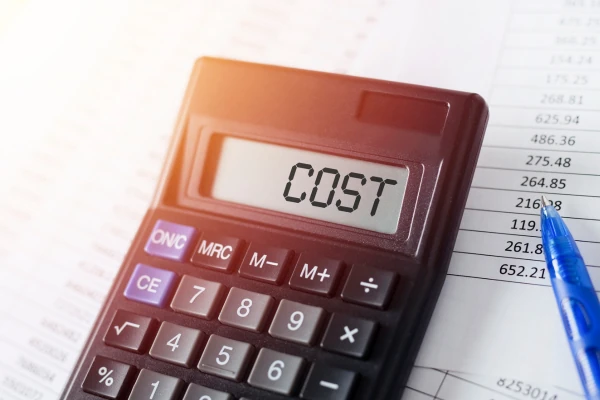Fuel Costs Calculator
Calculate Your Fuel Costs with Our Easy-to-Use Fuel Costs Calculator
Stay on top of your vehicle expenses with our Fuel Costs Calculator. Whether you’re managing a fleet of vehicles or simply tracking your personal driving costs, this tool helps you accurately estimate how much you’re spending on fuel. Input key details like fuel type, mileage, and fuel efficiency, and get a clear breakdown of your fuel costs, making budgeting and financial planning easier than ever.









